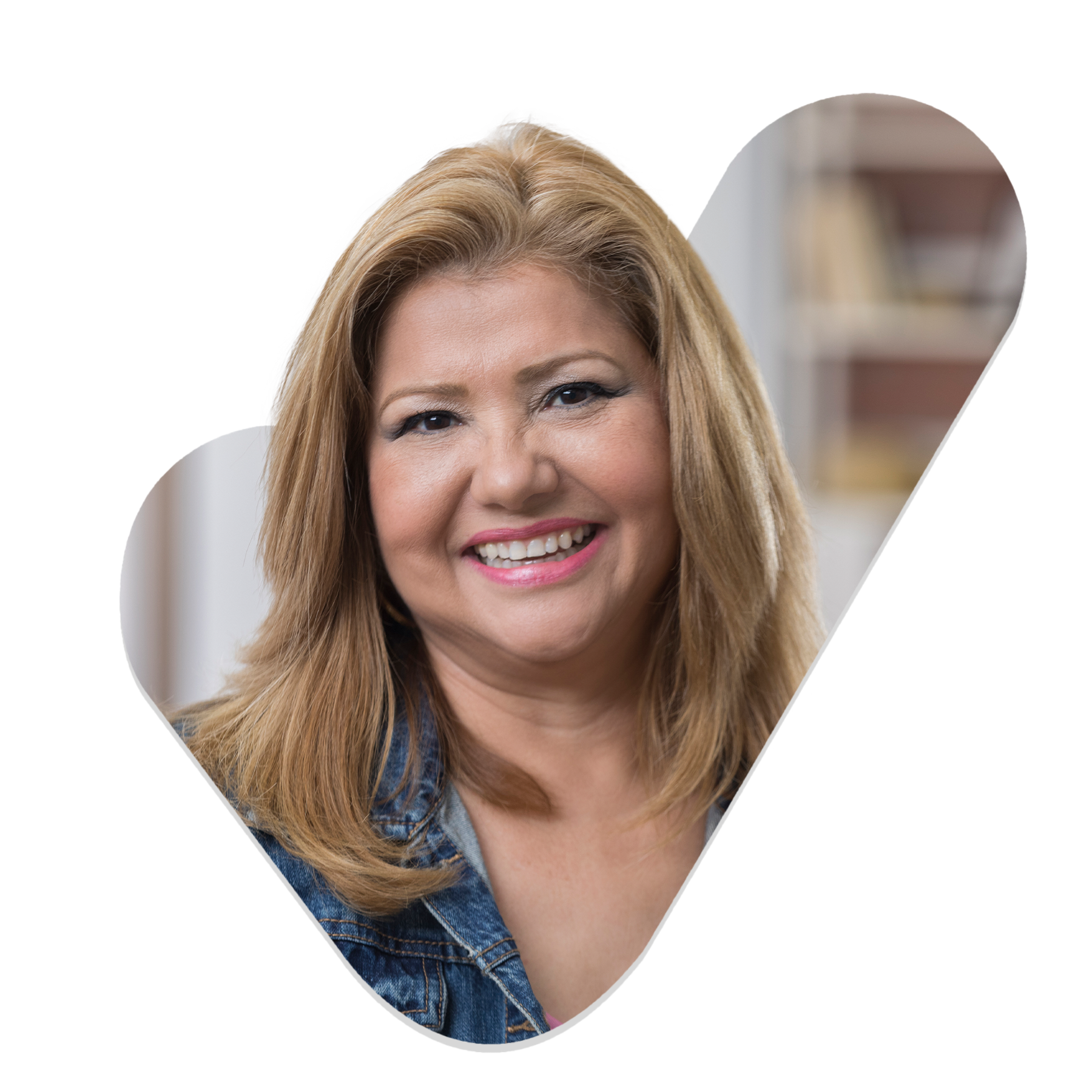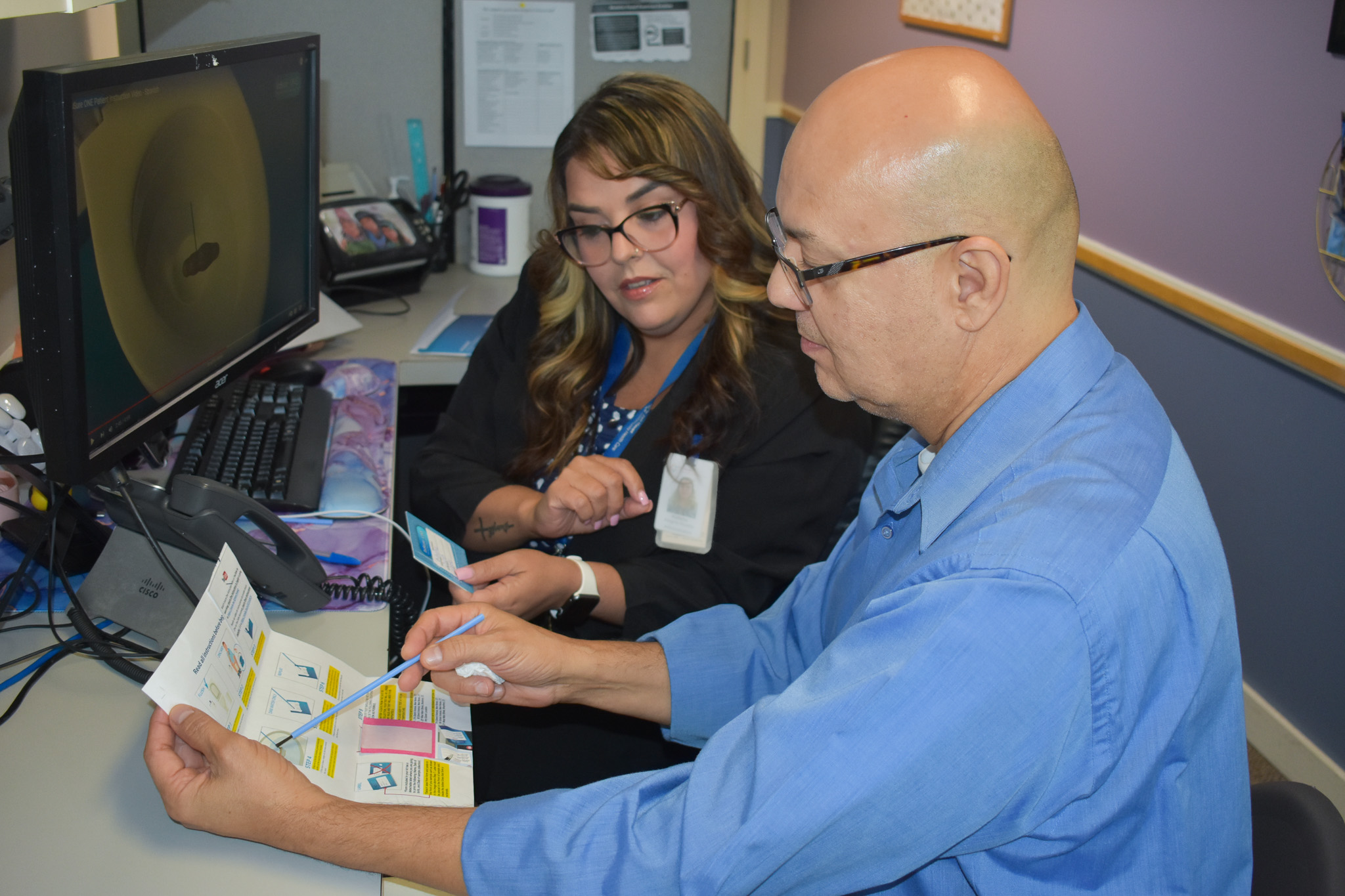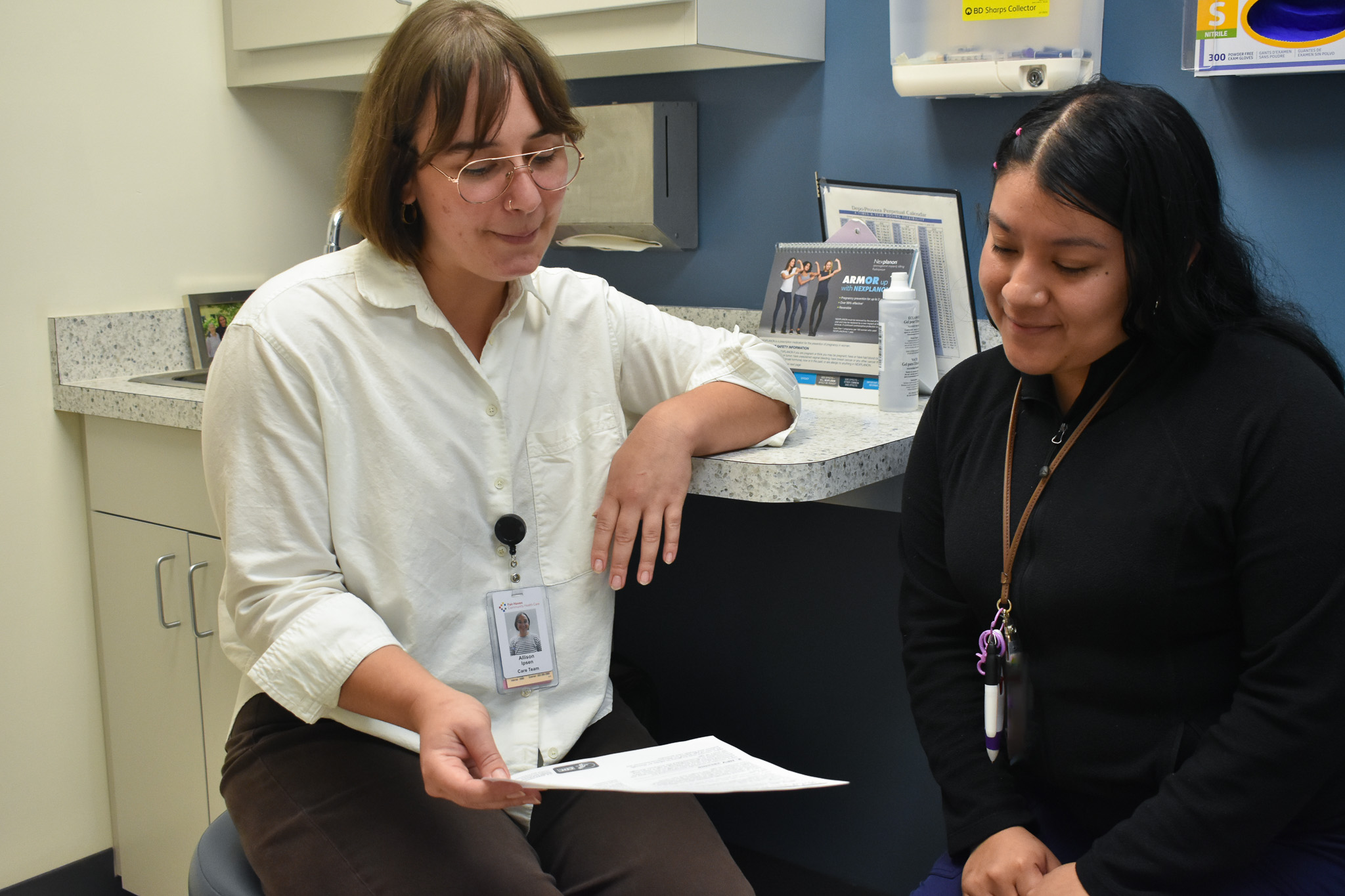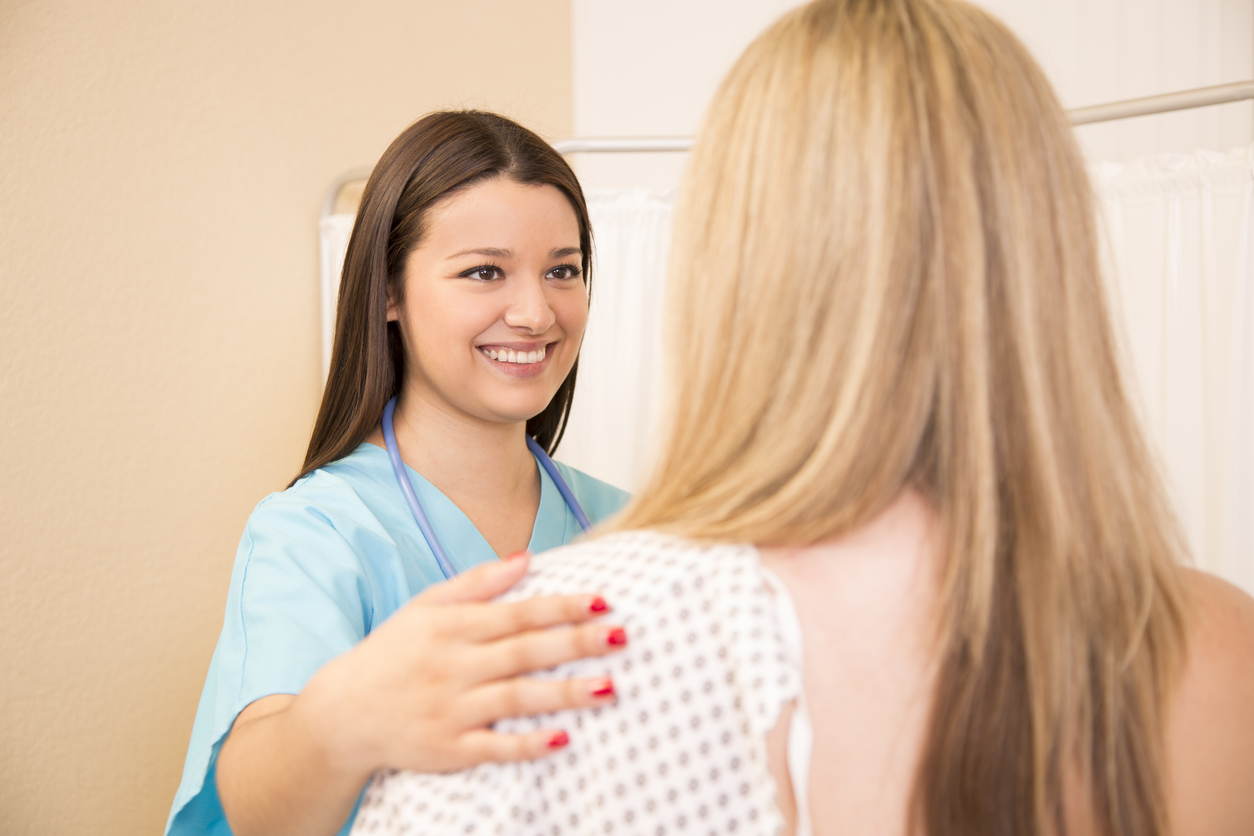
Learn more about breast, cervical, and colorectal cancers.
Know what actions you can take to get checked today.
Call us at 203-285-2978 to make an appointment.
Learn More About
Cancer Prevention
While there is no sure way to prevent cancer, there some ways to overall reduce your risk and catch early detection.
Cancer Prevention
- Reduce your overall risk through healthy lifestyle behaviors and getting recommended screening tests.
- The goal of cancer screening is to find pre-cancer or cancer early when it is more treatable and curable.
- Keep a healthy weight.
- Stay physically active.
- Talk to your doctor about quitting smoking.
- Choose not to drink alcohol, or drink alcohol in moderation.

Learn more about
colorectal cancer
Colon cancer is one of the most preventable forms of cancer. Getting a screening can help you find it early.
Here are some helpful facts:
Your primary care provider can give you a test to do at home to check your stool.
For average risk patients we offer two types of at-home stool tests: the fecal immunochemical test (FIT) and the Cologuard test. Both tests check for blood and other changes in your stool, even if your stool looks normal and you feel well.
Ask your primary care provider which test is right for you.—we suggest getting a FIT yearly or Cologuard every 3 years.

Learn more about
cervical cancer
Most cervical cancers are caused by the human papilloma virus (HPV).
Here are some helpful facts:
Getting the HPV vaccine starting at 11 years old can help protect your child from the HPV virus, long before they are ever exposed.
From age 21 to 65, it’s recommended to get a Pap smear with an HPV test. A Pap smear can be done by a primary care provider, a gynecologist, or a nurse midwife at any of our clinics.
Ask your doctor if the HPV vaccine is right for you—it can be given to people up to 45 years of age.
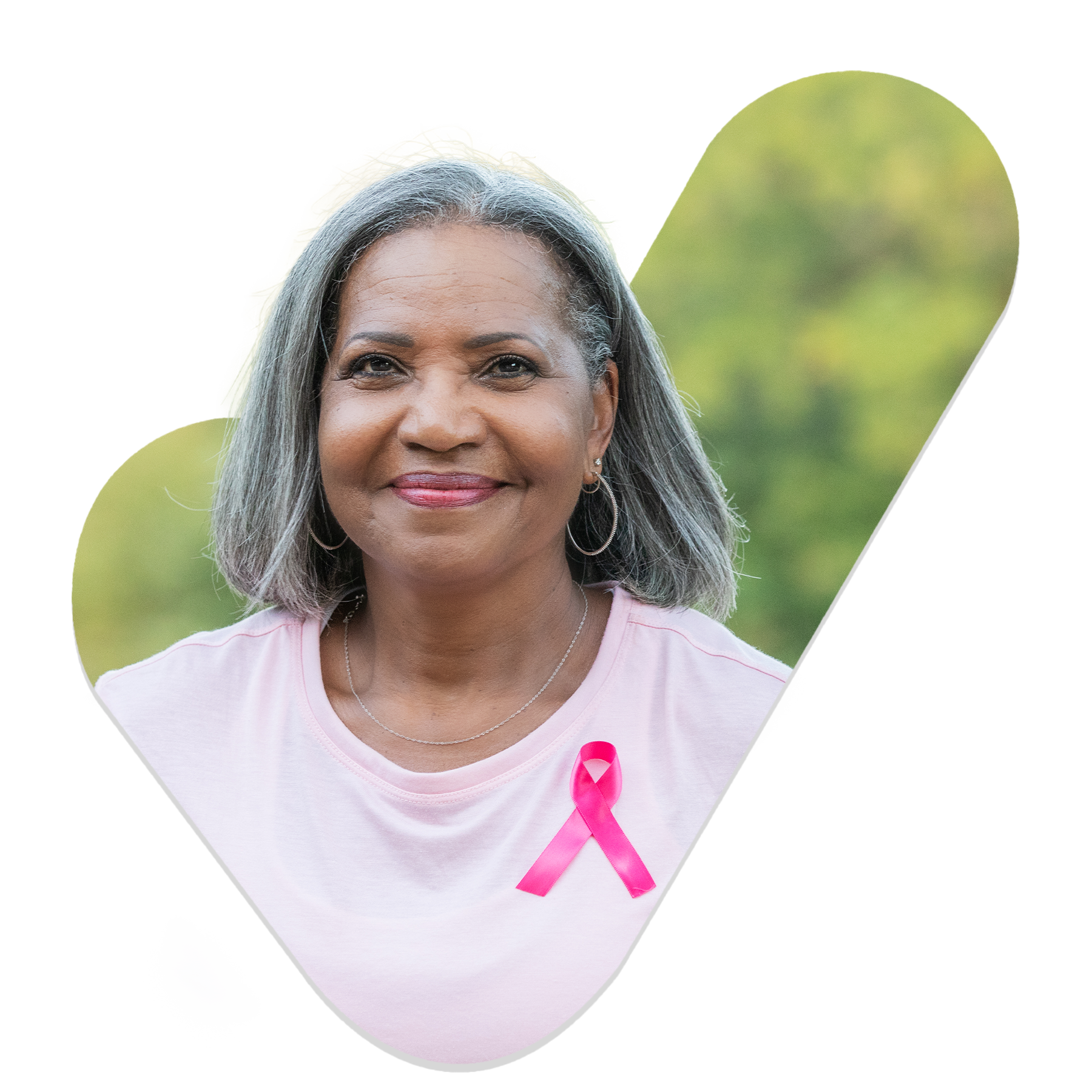
Learn more about
breast cancer
Breast cancer occurs almost entirely in women, but men can get it, too. It makes up about 30% (or 1 in 3) of all new female cancers each year.
Here are some helpful facts:
Getting a breast cancer screening can find cancer early, before it becomes a problem.
The most common screening test is a mammogram (special x-ray of the breasts).
Some women may also benefit from getting breast ultrasounds if they have dense breasts.
We recommend getting a mammogram every 2 years between the ages of 50 and 74.
Family history is important—ask your relatives about their cancer history.

